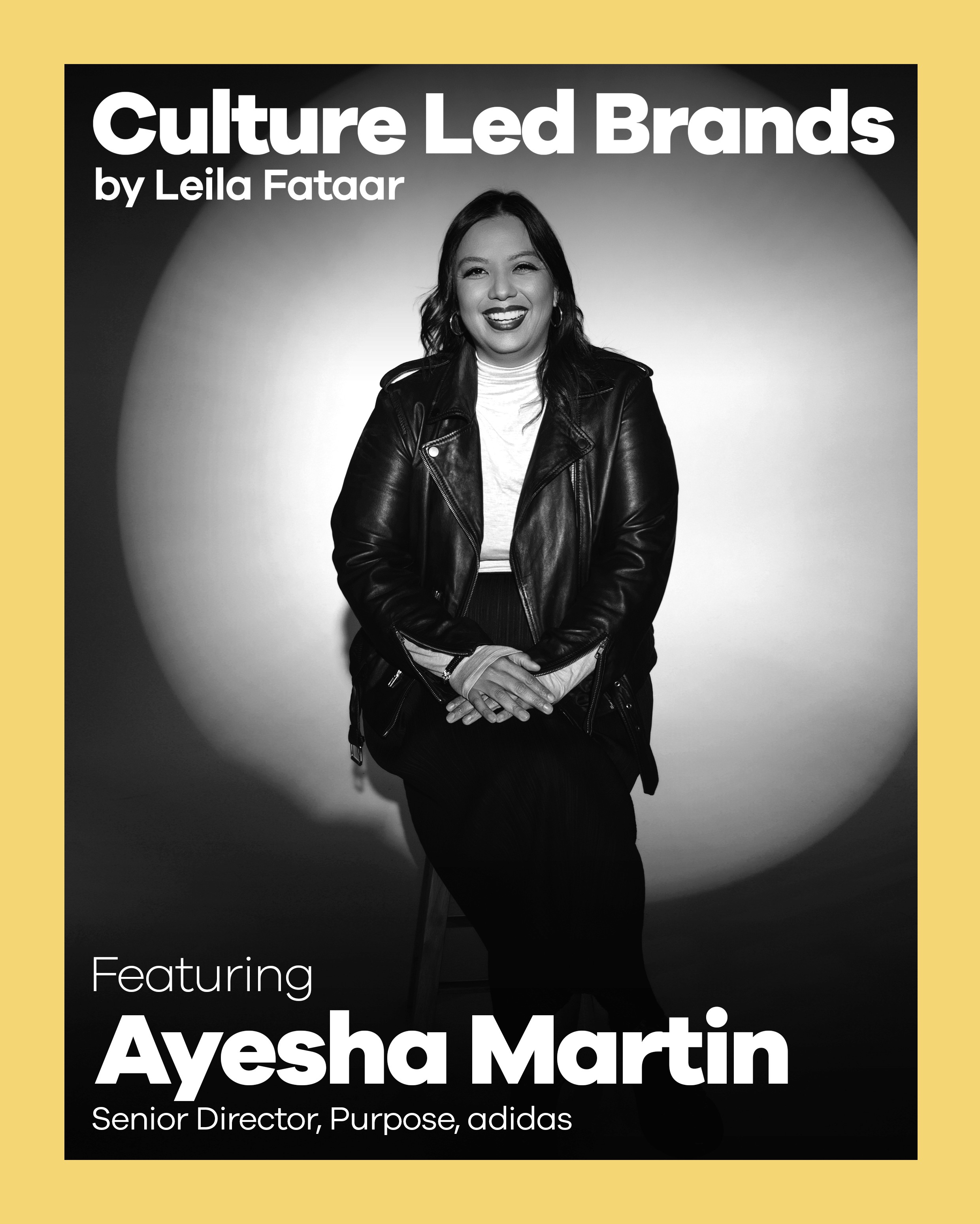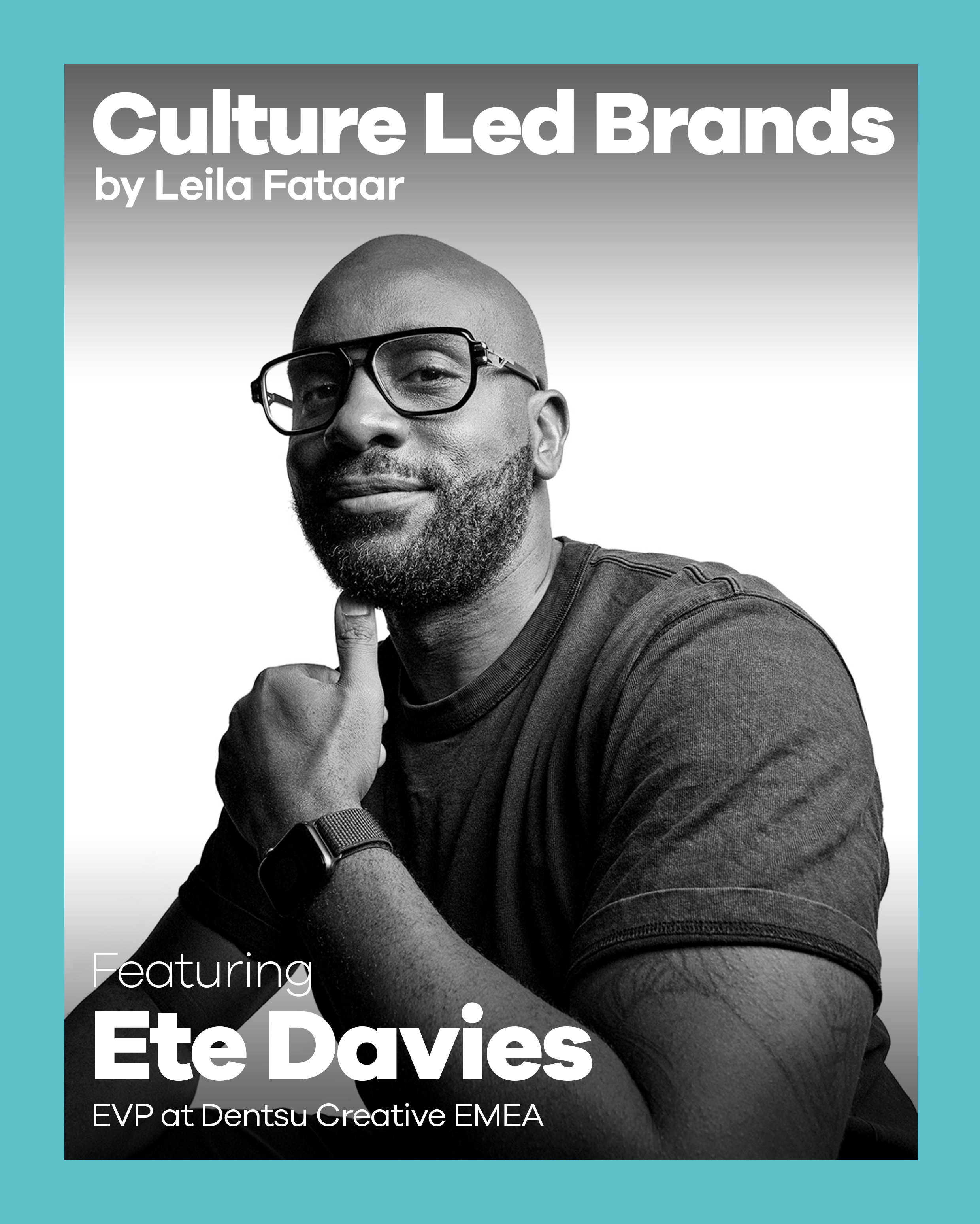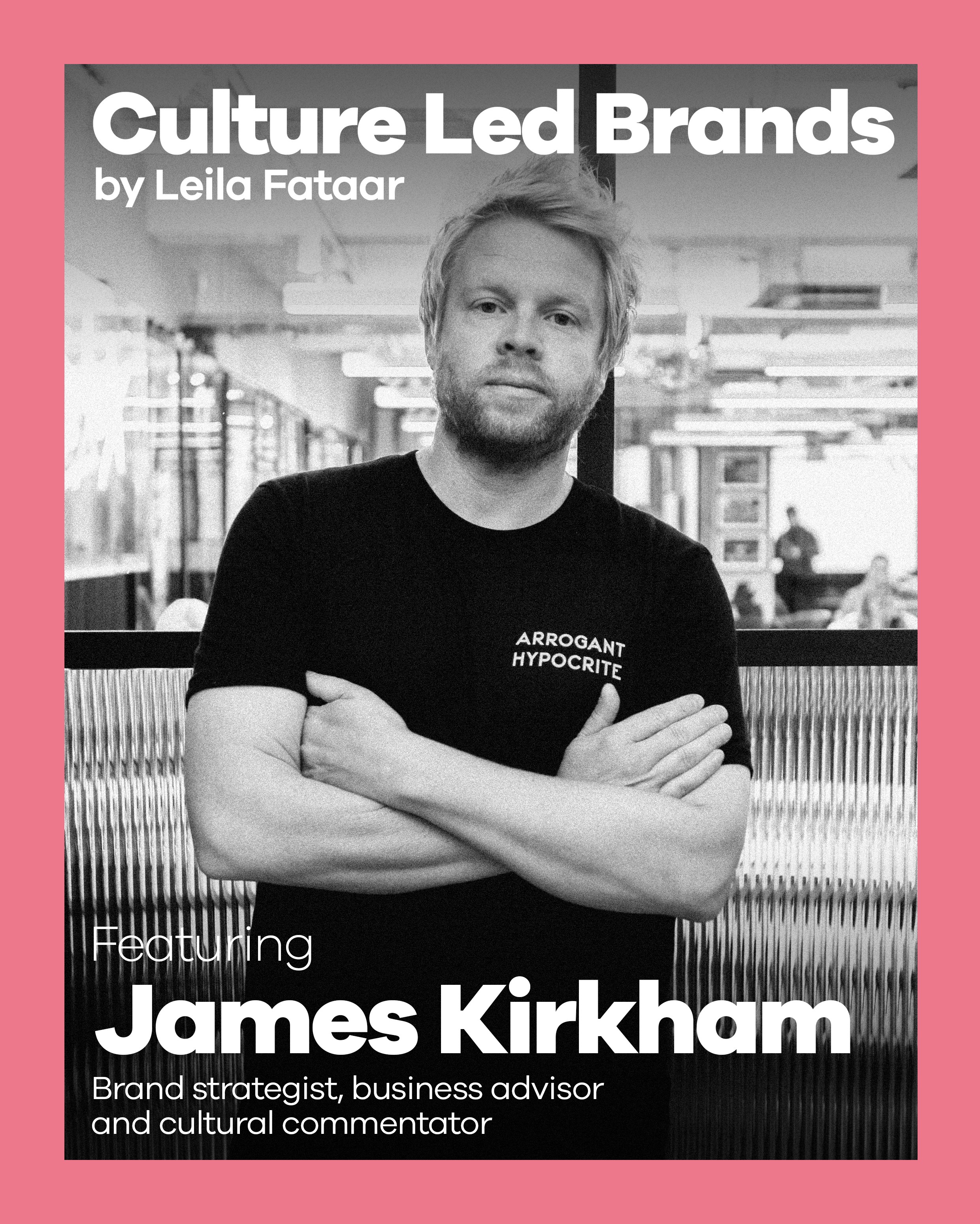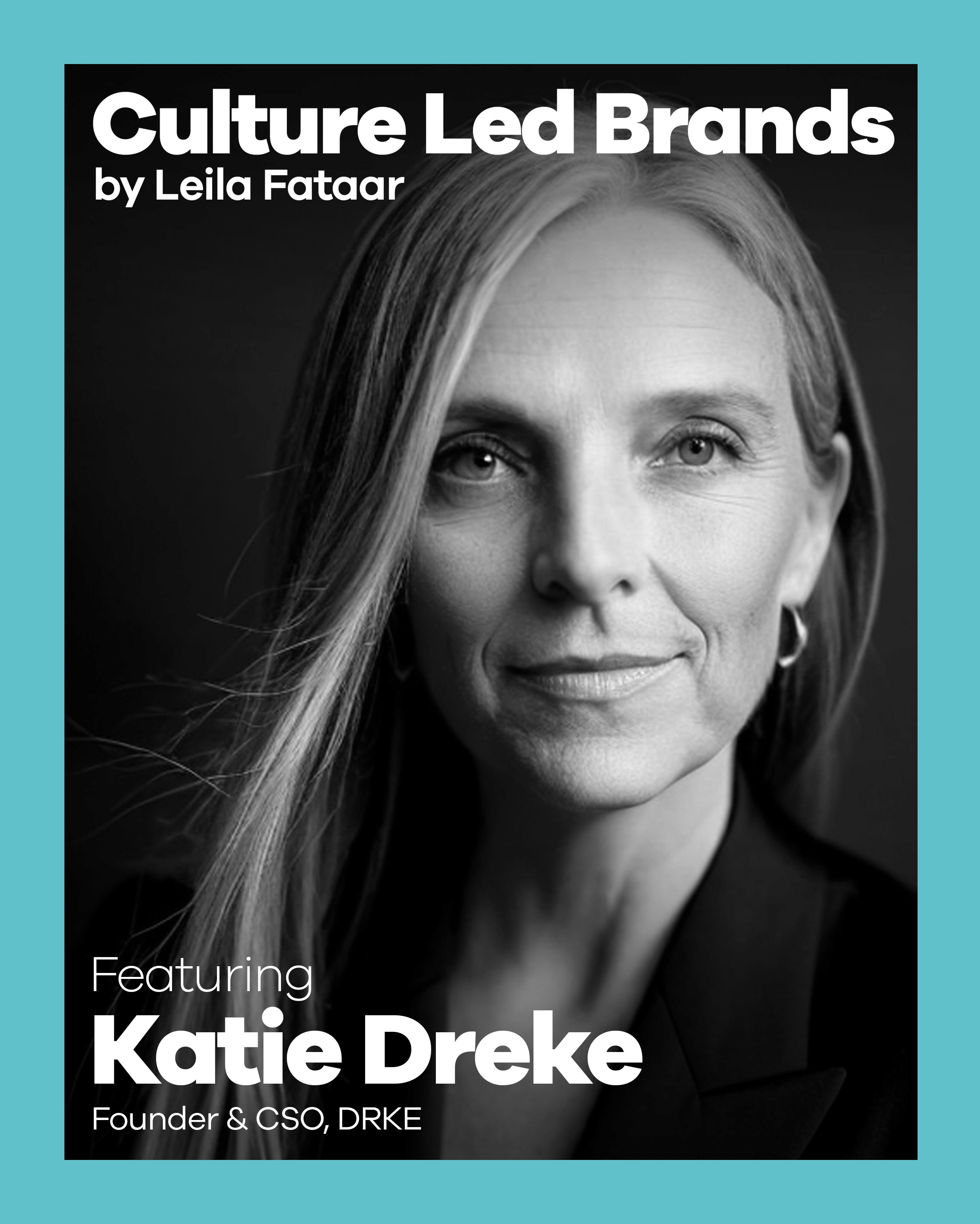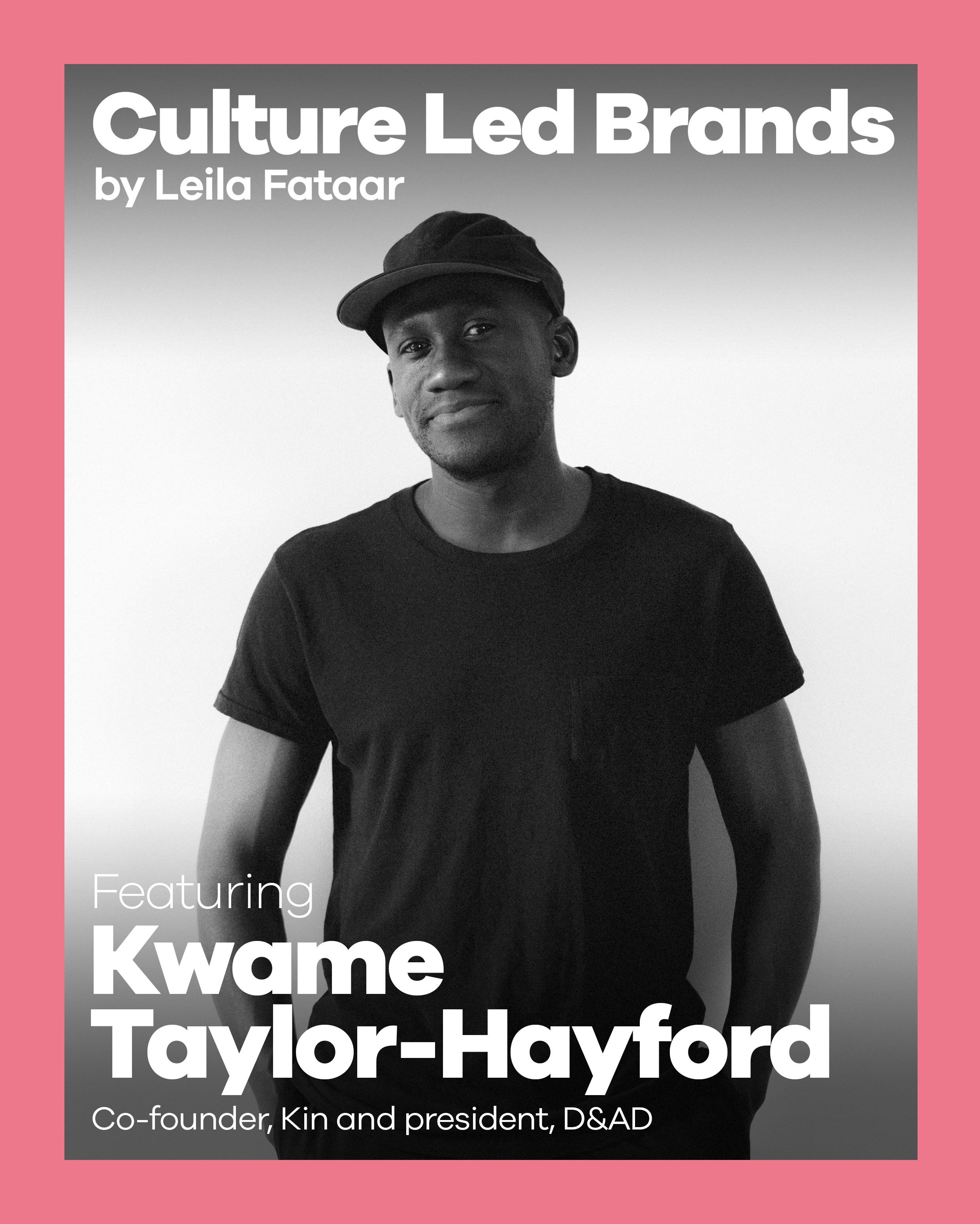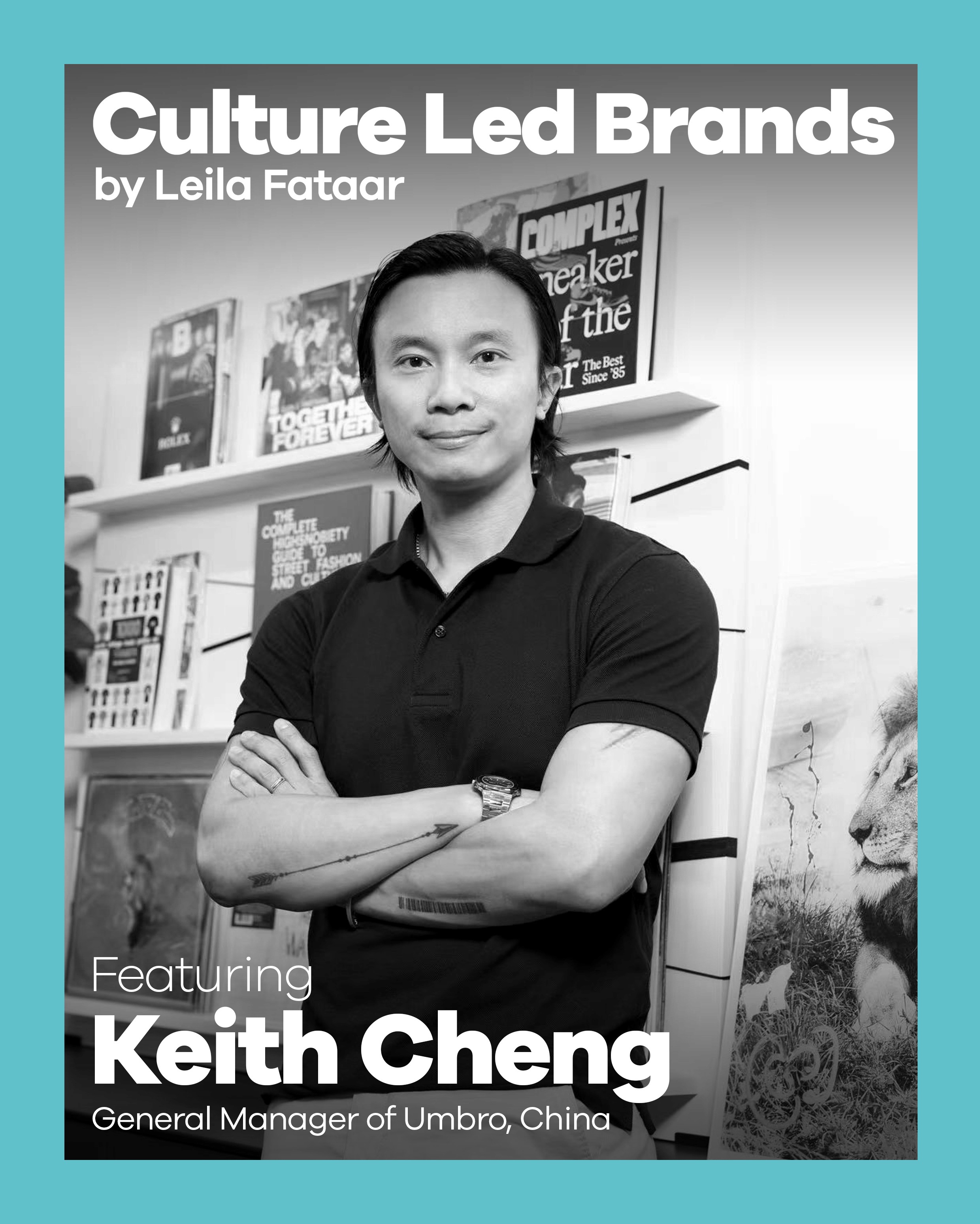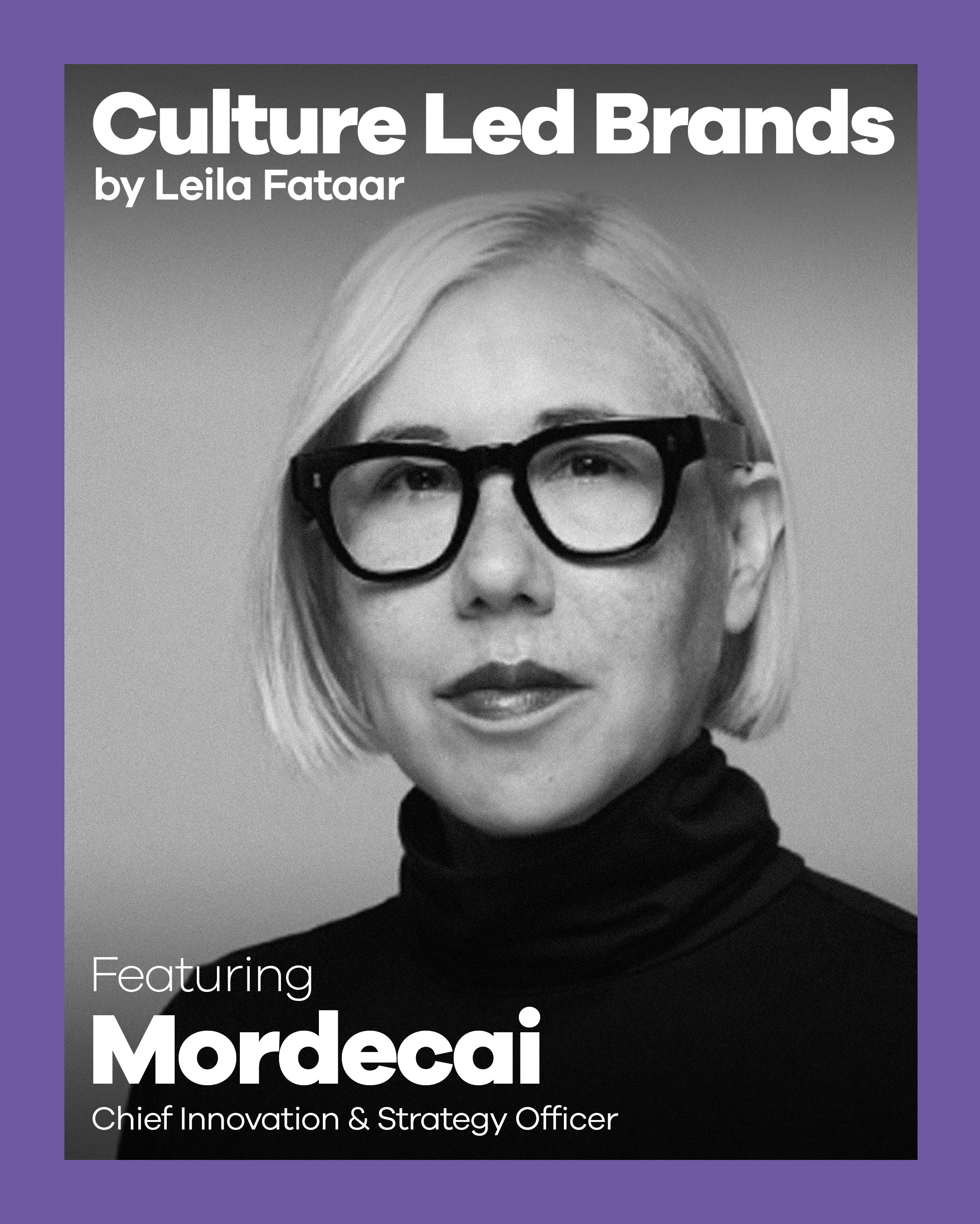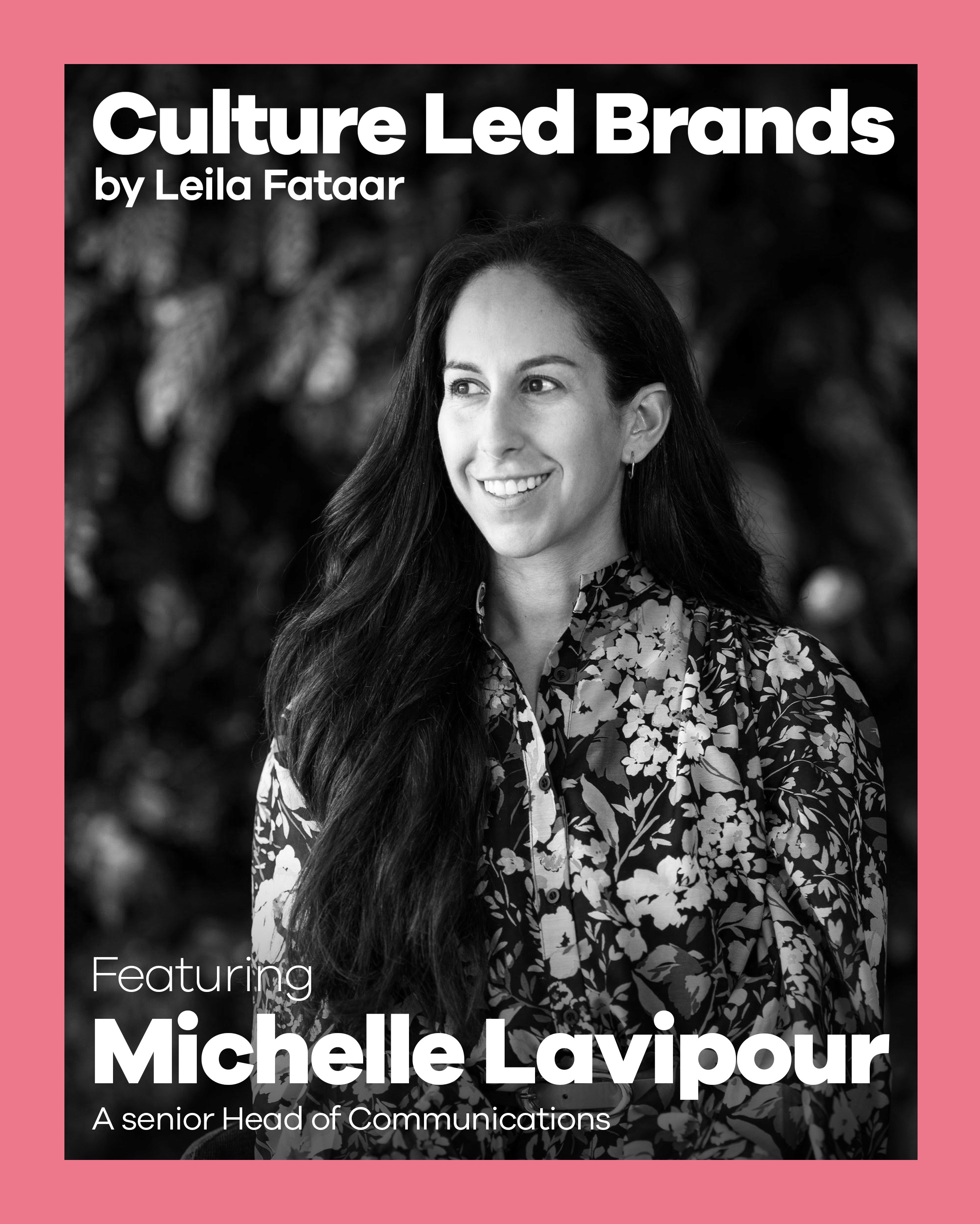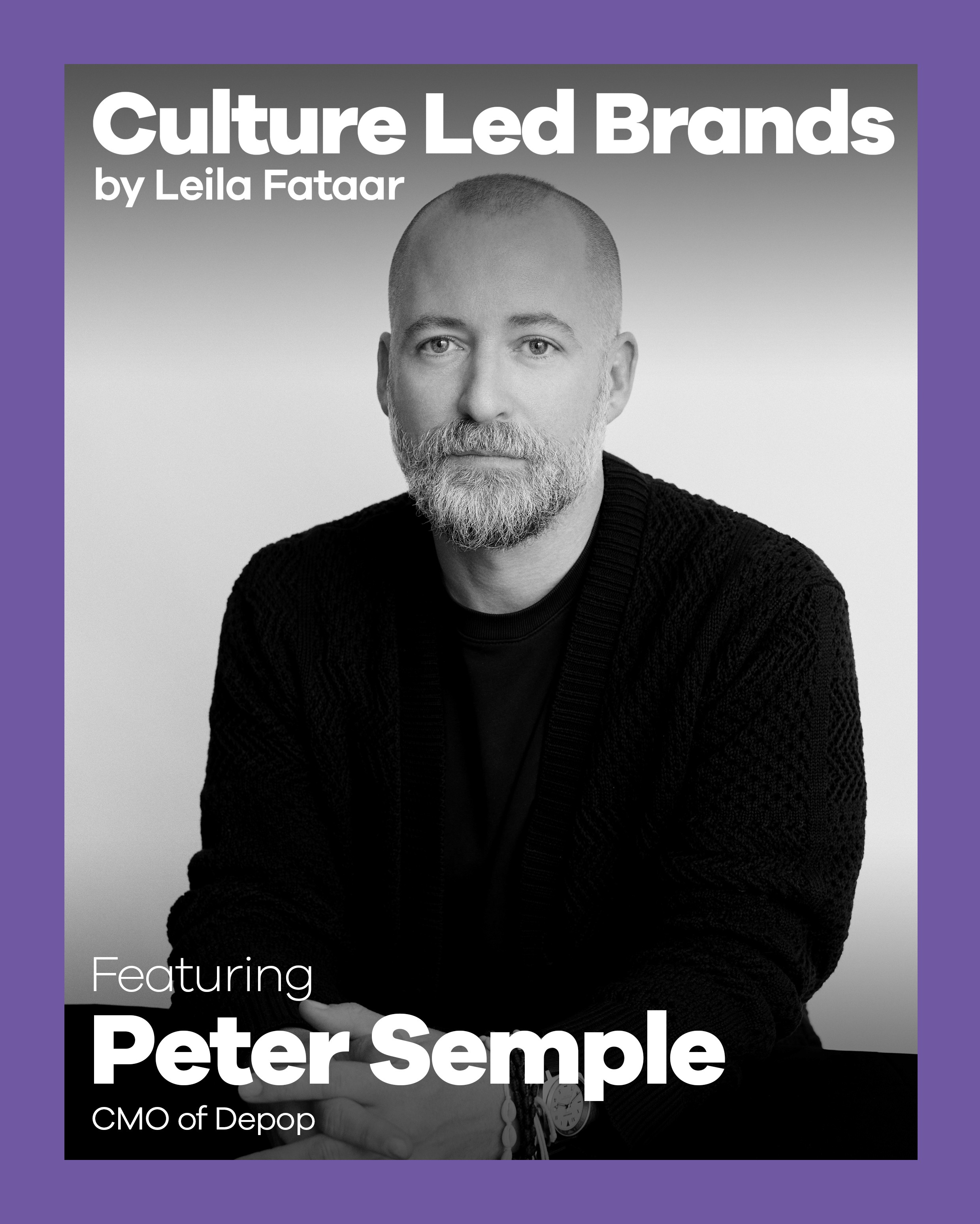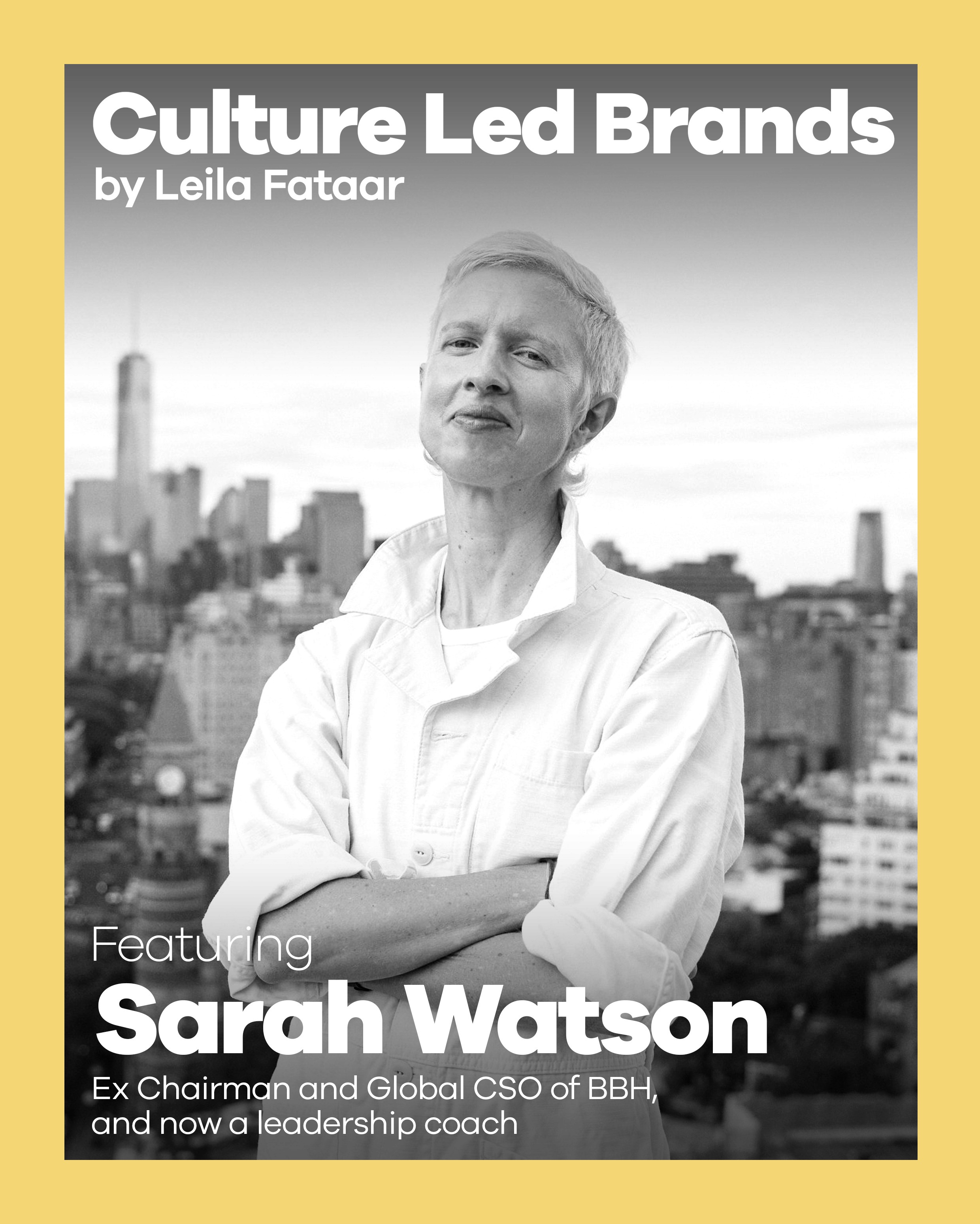FEATURING
"Corporations started separating those who make creative stuff from those who make commercial stuff, those who make things and those who sell them. And unfortunately marketing fell under this latter part of those who sell things, narrowed down to that media planning role."
"In order for a brand to achieve cultural relevance, it firstly has to acknowledge the responsibility that comes with informing or shaping culture with the narratives it crafts and the artefacts (directly impacting generations) it creates."
"If you're not relevant to somebody beyond just utility, if you don't again align with their values, understand their worldview, or hold a position in their mind that they value - which will come from cultural relevance, then your brand or business isn't going to grow."
"There’s a fear that by embracing diversity, people think they’ll lose their positions. If leaders are feeling insecure, they’re less likely to let go, fearing that bringing in others might take their place, rather than seeing how it could enhance the business.."
"If you are not part of the fabric of this cultural conversation, consumers and audiences will ruthlessly filter you out. Period. I've said for years, we have a line that's, instead of interrupting what your audiences are interested in, you need to become what they are interested in."
"To be fair, CMOs also must hold up their end of the bargain, and raise their business game in order to spar successfully with commercial leaders and CFOs. But at the end of the day – I don't think the classic rules of marketing are necessarily useful for where we're going next."
"My perspective is that creativity is the most powerful and transformative force in the world. When harnessed by brands with significant resources and scale, there's an ability for us to move the world forward in a way that is incredible. And we can do that while we're making tons of money."
"There are 2 ideas that act together: first of all, to build up a “change is inevitable” attitude to the employees, to ensure no setbacks whenever the team faces challenges from the market situation. And to push further, we also teach the employees to “welcome changes”, and to “look for changes”, because using the old way cannot solve the new problems."
"When I say inclusive innovation spaces, I'm talking about someone that's new to the company with someone tenured at the company, someone that's creative with someone technical, someone that learns in a different way with someone that learns like a book way, people with a high school education, someone who's an MBA."
"Being really clear on your enduring values as a business or brand and what you stand for, is really important. And just to be clear, that doesn't mean they necessarily have to be worthy things. It can be innovation, it can be creativity etc. But being clear on your brand and the role you play for consumers or your customers is foundational."
"With brands to be culturally relevant, you have to think about what it is you're contributing to culture. Various people try and culture surf and sort of inject themselves into the narrative without actually sort of bringing anything to the table."
"Humans are built for change, we're built for complexity, but we have to access that deep, stable part of ourselves. And if we're dysregulated and off kilter, we can't do it."

